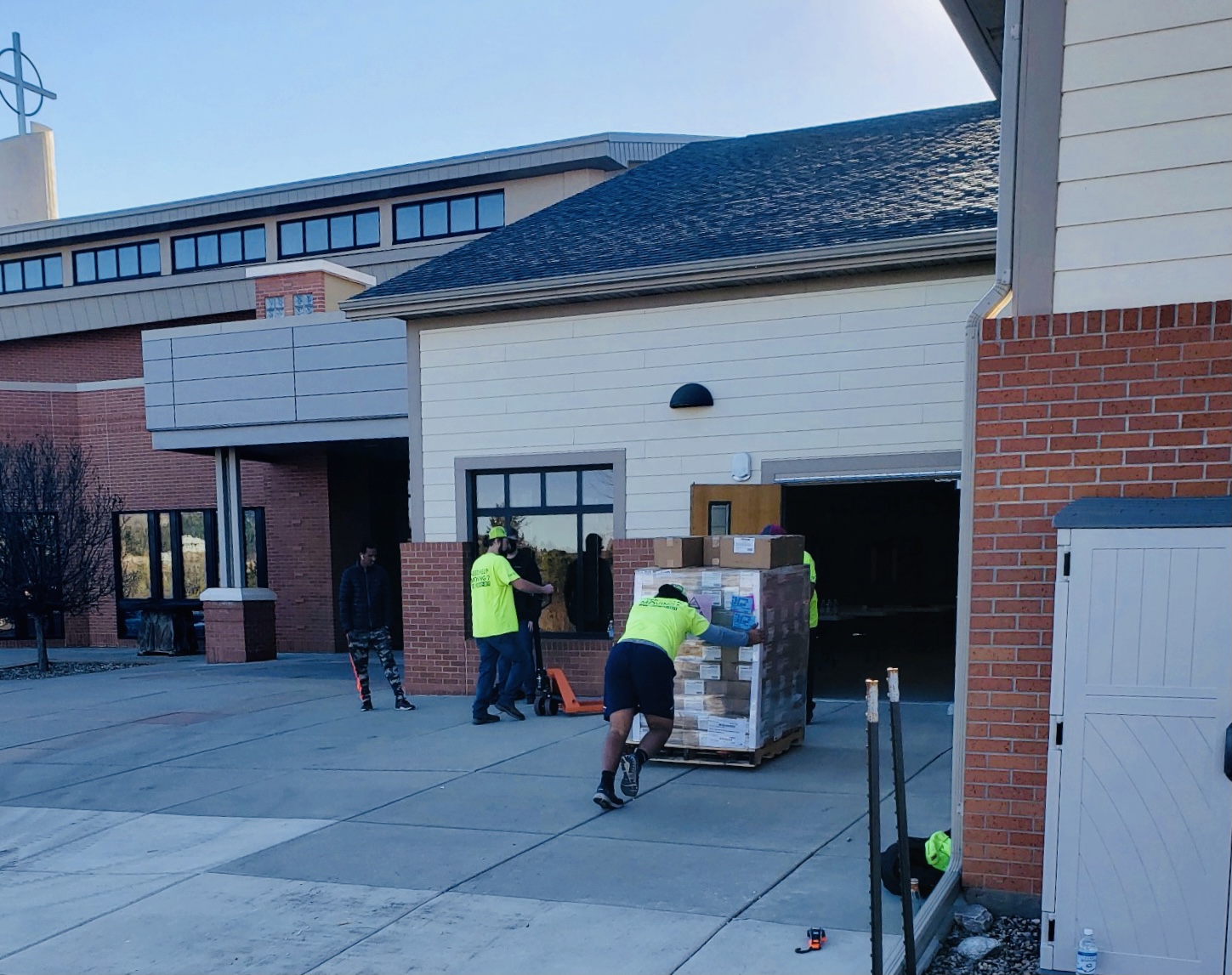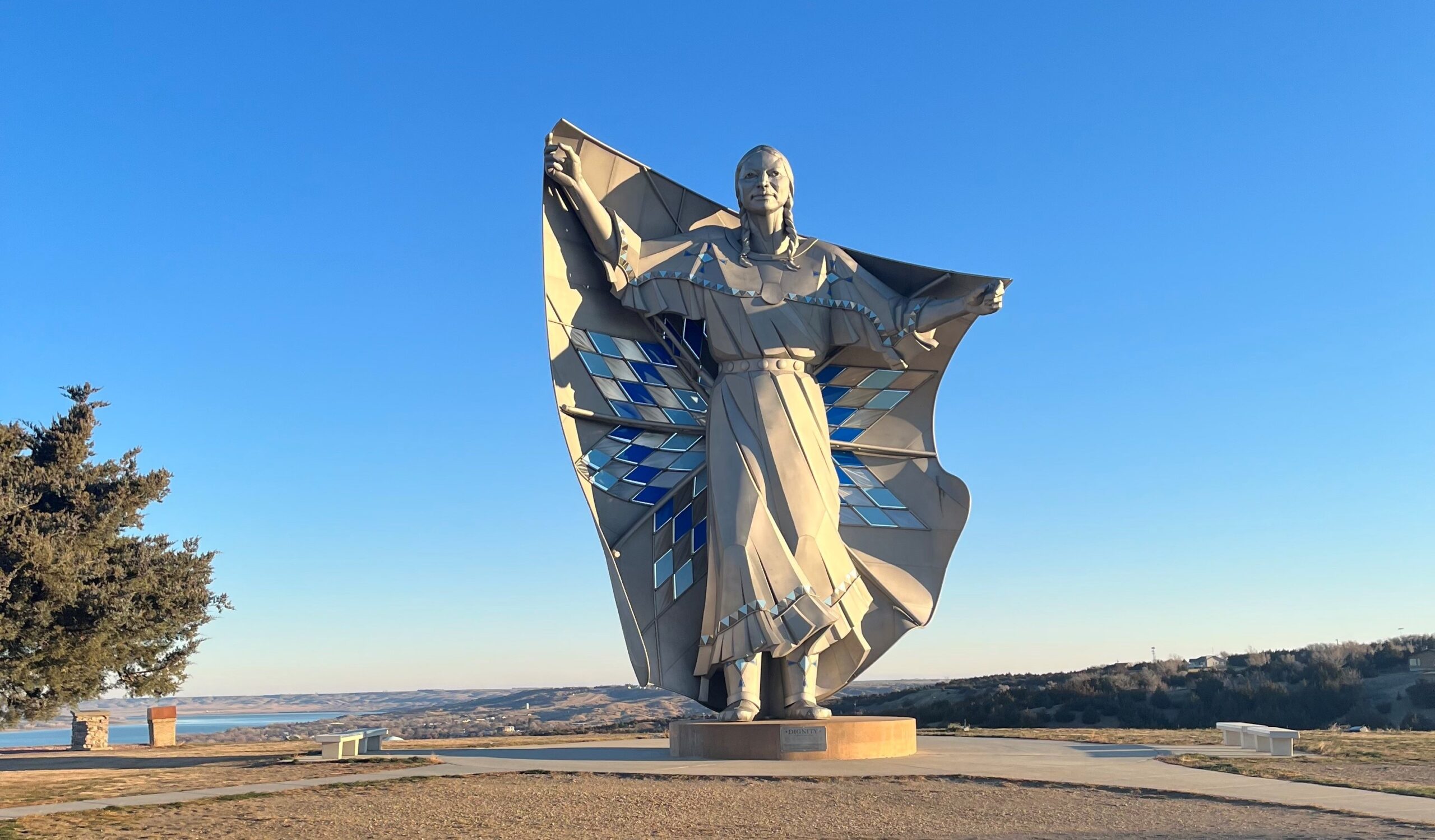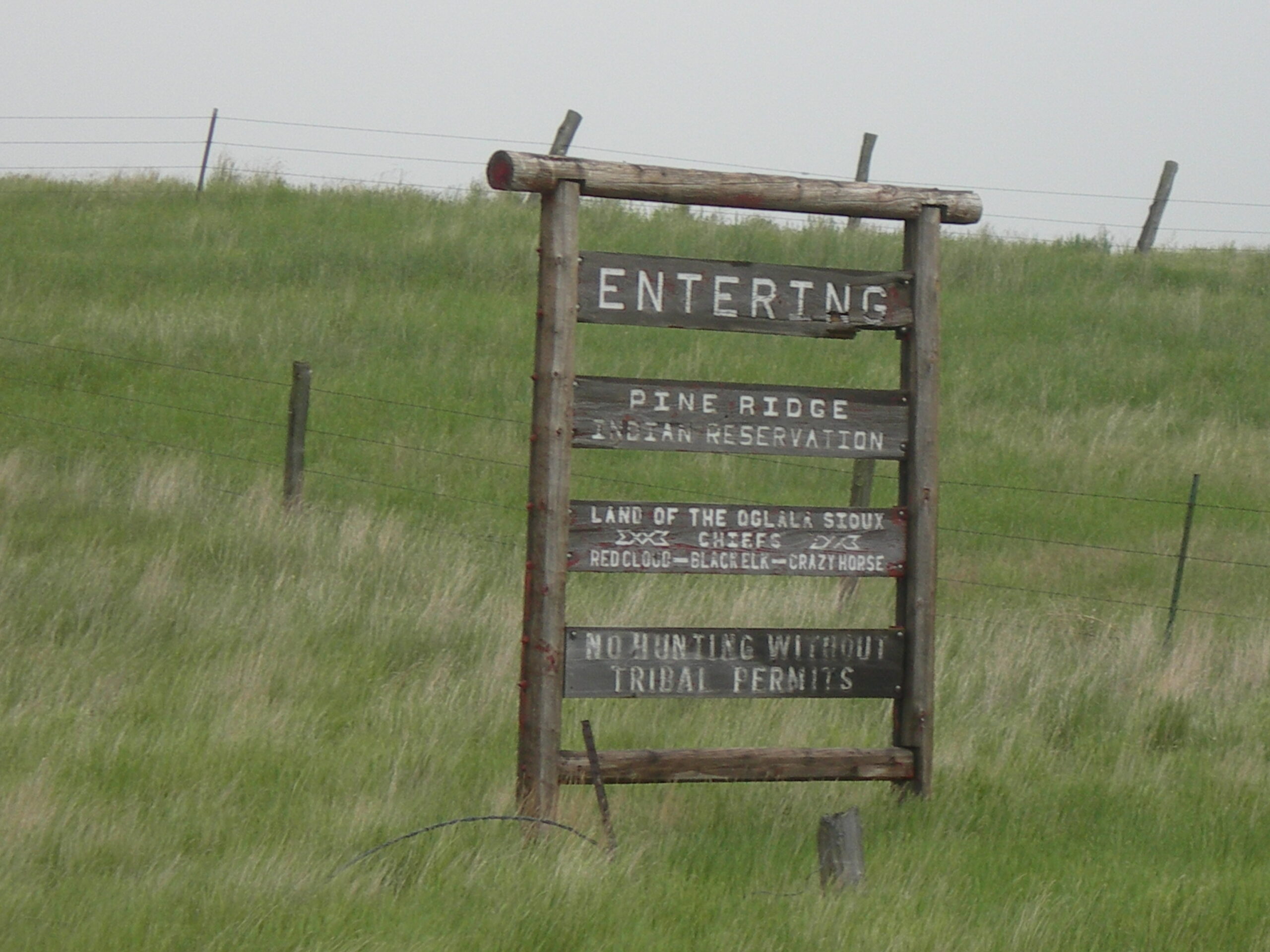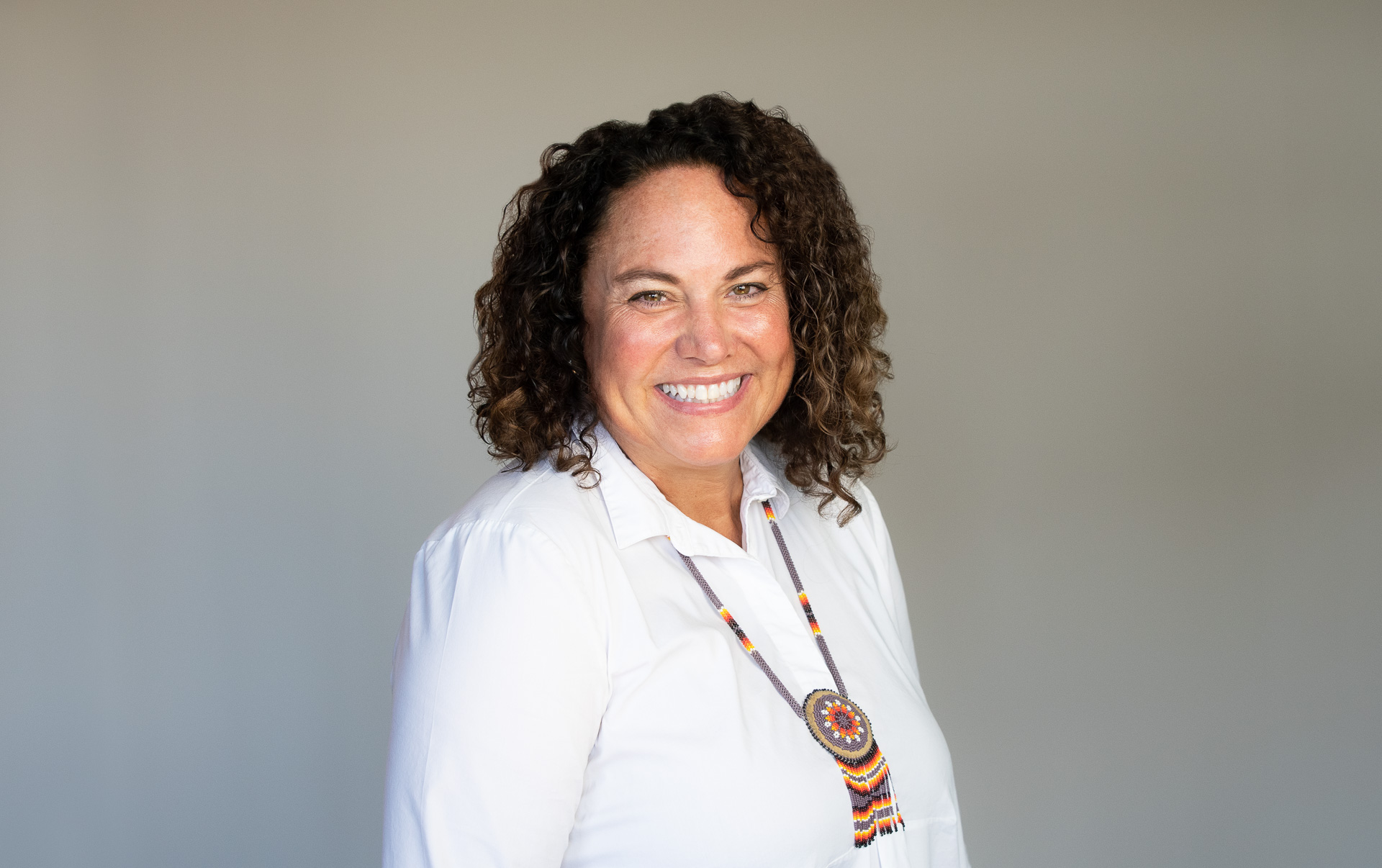The “15” Days of Christmas
As 2020 draws to a close and many of us celebrate holidays by giving gifts, I want to share a story about a gift – an amazing gift that involved a dozen people and will help feed hundreds of people for weeks to come. The gift, which was born out of need and was especially […]

As 2020 draws to a close and many of us celebrate holidays by giving gifts, I want to share a story about a gift – an amazing gift that involved a dozen people and will help feed hundreds of people for weeks to come. The gift, which was born out of need and was especially meaningful, generous and much appreciated, is not the most heartwarming part of the story. Even more remarkable are the people and organizations that made it happen.
On Oct. 23, 2020, an early blizzard hit Rapid City, South Dakota, adding to the hardship of homeless folks on the street and people staying at Camp Mniluzahan, a winter camp of tipis outside of Rapid City for homeless Natives. Great Plains Tribal Leaders Board (GPTLB) provided COVID-19 testing at the camp and found several individuals who were positive. GPTLB, which was already helping feed 40-60 quarantined Native families weekly, set up an Emergency Alternative Care Site to isolate and care for homeless folks with COVID-19 that fed up to 30 guests daily.
The following Monday, I received a call from Annie Loyd, emergency manager and community liaison for GPTLB. I knew Annie because of GPTLB’s CDP capacity-building grant for emergency management/disaster recovery for weather-related disasters and COVID-19 coordination for the 18 tribes and four states. She asked about resources for “Urban Indians,” Native people living in Rapid City full-time, and those who are temporarily staying in the city because many reservations had closed their borders to prevent the spread of COVID-19 to their families on-reservation. Annie needed food, clothing and supplies for the families in quarantine, for the isolation site and other Natives in need.
My CDP colleagues from the Midwest Early Recovery Fund, Cari Cullen, Nancy Beers and I, discussed the need and brainstormed potential partners who could donate supplies or access food and personal items. We alerted South Dakota Voluntary Organizations Active in Disasters (SD VOAD), whose members are a coalition of nonprofit organizations that respond to disasters. SD VOAD, which provides a forum to share and coordinate knowledge and resources, suggested a coordination call.
Richard Smith, president of the SD VOAD board and executive director of the American Red Cross Black Hills Chapter, hosted a Zoom call with 23 local, state and regional organizations on Nov. 10. During the call, Joseph (Joe) Butkovich, chair of disaster recovery for the North Central Region of Society of St. Vincent DePaul, mentioned the possibility of some donated food he heard about.
Joe got us connected with Suzanne (Suzy) Parn from Dot Foods’ Corporate Charitable Program, and on Nov. 23 Suzy confirmed the food donation and provided a list of available products. Suzy, Joe, Annie and I got on a Zoom call to go over the contribution, shipping needs and next steps. We still needed a way to get the food from Illinois, where Dot Foods is located, to South Dakota.
Suzy later echoed some of my feelings for the fantastic team that was making this happen. She said, “I appreciate meeting all of you fine people, even if it is just virtually. I’m in the fortunate position for Dot to be able to see some of the amazing partnerships that are formed out there when people are working for the common good”.
On Dec. 1, we heard some good news: Joe secured free transportation of two semi-trailers through Cheryl Brekke, a FEMA Voluntary Agency Liaison (VAL).
The two trucks arrived on Dec. 7 at Calvary Lutheran Church, whose pastor, Dave Piper, agreed to donate their fellowship hall for storage. Thomas and Son’s Moving in Rapid City donated a forklift and a crew to unload the trucks.
Julie Farrell, operations manager at Thomas and Son’s Moving said, “We are very happy that we were able to unload the trucks for you today. Our crew had a great time and came back with smiles on their faces.”
Fifteen days. Fifteen days after Dot Food confirmed its donation, two trucks of food rolled into Rapid City, South Dakota.
As you read this story, Brenna Lanoue, GPTLHB’s Emergency Operations Center Director, is already distributing food to the Alternative Care Site and Native families quarantining in Rapid City. She is also planning distributions to tribal communities across South Dakota, beginning with Pine Ridge and Rosebud reservations, and North Dakota.
I am honored to do this work and feel blessed to work with selfless Native individuals and communities and many generous partners, like Joe, Suzy, Cheryl, Pastor Dave and Julie. I am happy to be a small part of this endeavor and appreciate everyone’s effort. It is amazing what can happen when community members and stakeholders work together towards a common goal.
To learn more about the Native American and Tribal Communities Recovery Program, view our recent webinar. Please consider earmarking a donation to CDP to support our work building capacity in tribal communities, investing in local people and bringing more partners along on this journey.
And to help with the ongoing efforts of getting food to Natives in Rapid City, consider a gift to Woyatan Indian Center through Calvary Lutheran Church or Meals for Relatives.
Wanikiya Tonpi Wowiyuskin & Omaka Teca Oiyokipi (Merry Christmas & Happy New Year in Lakota).
More like this

Recovery and Healing: The right thing in the right way

